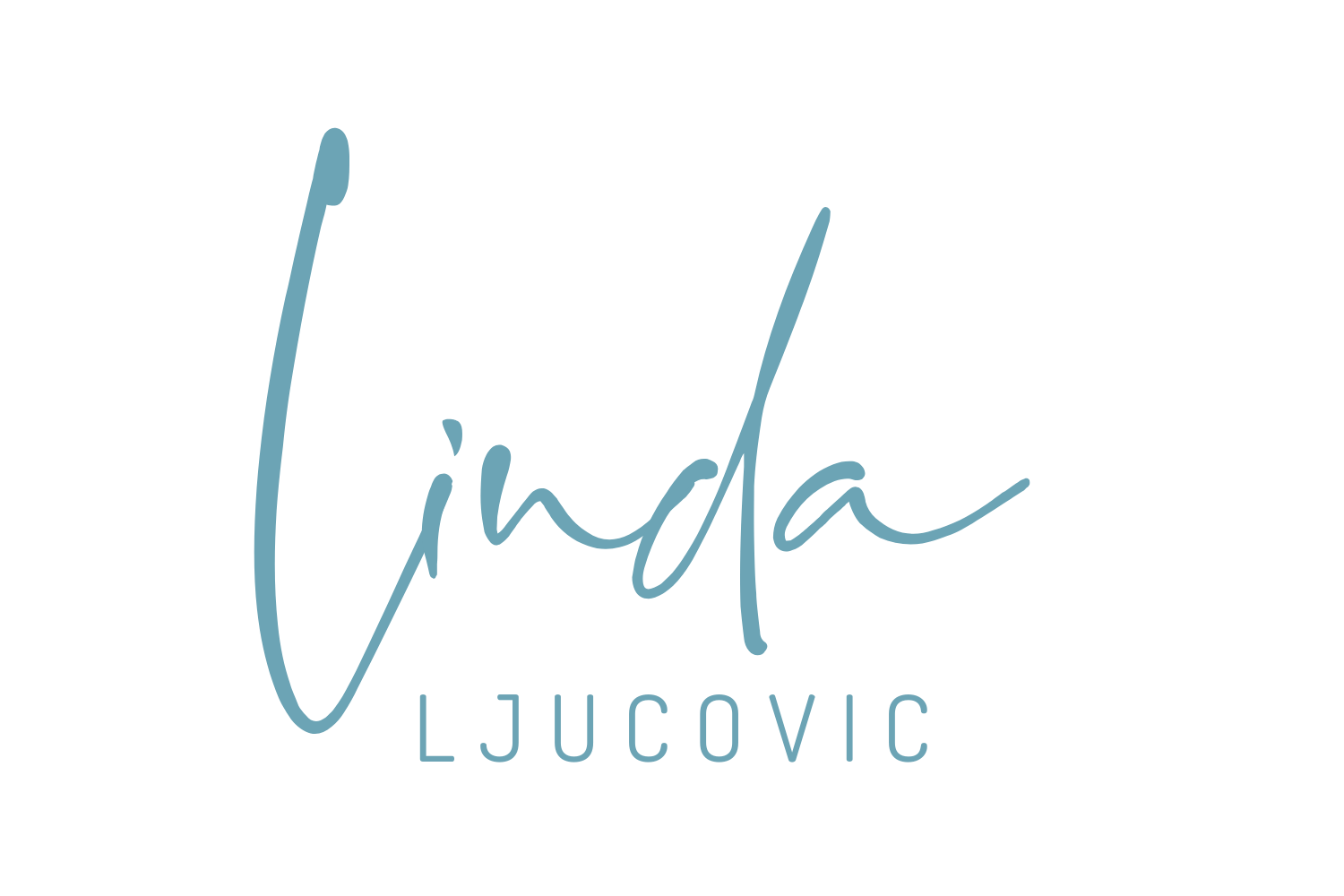Why We Quit Right Before the Finish Line: Unpacking the Fear of Success
Have you ever found yourself so close to a goal… and suddenly, you just want to stop?
You’ve done the work. You’ve made the changes. You’re on the brink of something amazing—and then, somehow, something in you pulls back.
I’ve felt this.
When I ran my marathon (pre kids), I remember vividly how energized I was for most of the race. I trained hard, showed up, and felt strong. But then I saw the finish line—and something strange happened.
I didn’t get a final burst of motivation.
I didn’t think, Yes! Almost there!
I actually wanted to stop.
Not because I was too tired.
Not because I couldn’t make it.
But because… in that moment, I felt like I had already done enough.
I wanted to call it quits and just assume it was over.
That’s fear of success.
It sneaks in just when you think the hardest part is behind you.
So What Does This Have to Do With Health?
I see this with so many women I work with—especially those in perimenopause or navigating hormone imbalances. They start feeling better after making a few key shifts:
Their digestion improves.
Energy is returning.
Bloating is down.
Moods are more stable.
And then… they pull back.
They start skipping their supplements.
They ease up on the nutrition plan.
They stop checking in.
They say things like:
“I feel way better now, so I probably don’t need to keep going.” Or “I’m busy and don’t have time to do this anymore…”
But here’s the thing: feeling better is not the same as being done.
Just like in the marathon, you can’t stop at 39km and expect to cross the finish line. You’ve come so far—but to solidify those results and create real, lasting change, you have to run through the finish line, not stop right before it.
Why Do We Sabotage Success?
The fear of success is sneaky. It tells you things like:
“If I actually reach this goal, then what? Will I be able to maintain it?”
“If I get to the other side of this, people might expect more of me.”
“If I become that version of myself, I might have to give up old stories and ways of being.”
Success can feel like pressure. It can challenge your identity. It can make you wonder if you’re worthy of feeling good long term.
But here's what I want you to hear:
You are allowed to feel amazing.
You are allowed to reach your goal and keep going.
You are allowed to live on the other side of struggle.
A Healthier Way to Finish Strong
If you’ve been doing most of the things right… but you feel yourself pulling back just before the breakthrough, here are a few tips:
Notice the Pattern Ask yourself: Do I always stop when things are going well? Bring awareness to the moment you tend to quit.
Reframe Success Success isn’t a final destination—it’s a new foundation. What if feeling good wasn’t something to fear, but something to practice?
Make Maintenance a Mindset You don’t have to hustle forever. You just need to shift into a rhythm that’s sustainable and nourishing.
Build Identity Around the After Who is the version of you that already feels good every day? What does she believe? Start living from her now.
Finish the Race—Then Celebrate Let yourself cross that finish line. Let yourself feel the success. Then give yourself full permission to celebrate that you stuck with it.
Final Thoughts
The fear of success can feel just as heavy as the fear of failure—maybe even more so. But the real growth happens when we recognize that fear and choose to move through it anyway.
You don’t have to stop at 80%.
You’re allowed to keep going.
You’re allowed to feel good—and stay there.
Keep running. You’re closer than you think.
Want to keep the momentum going in your own health journey?
Check out my free Hormone & Energy Quiz or get on the list for my signature course, Fix Your Hormones and Fight Fatigue.
You've got this. Let’s cross the finish line together. 💛




